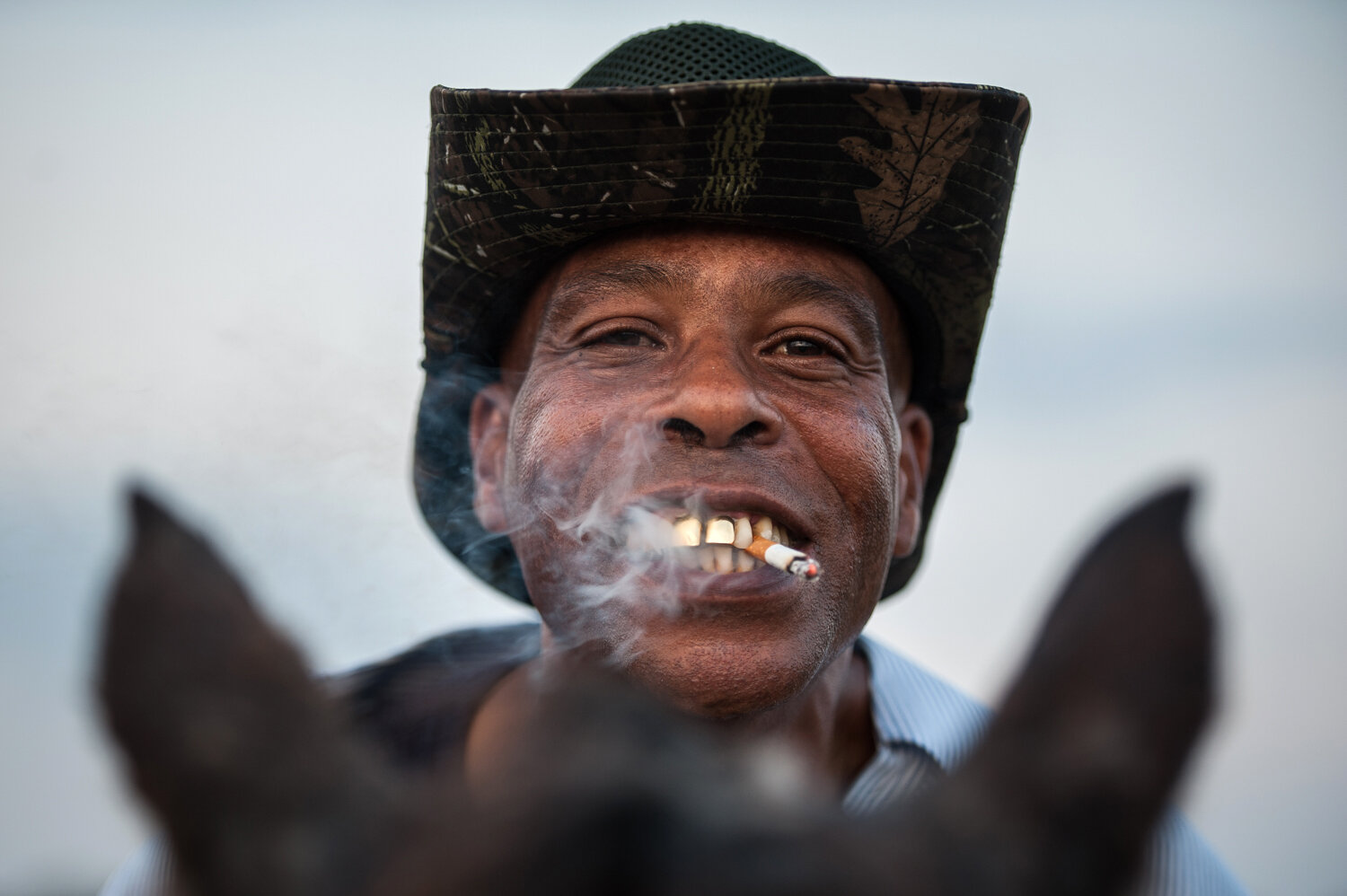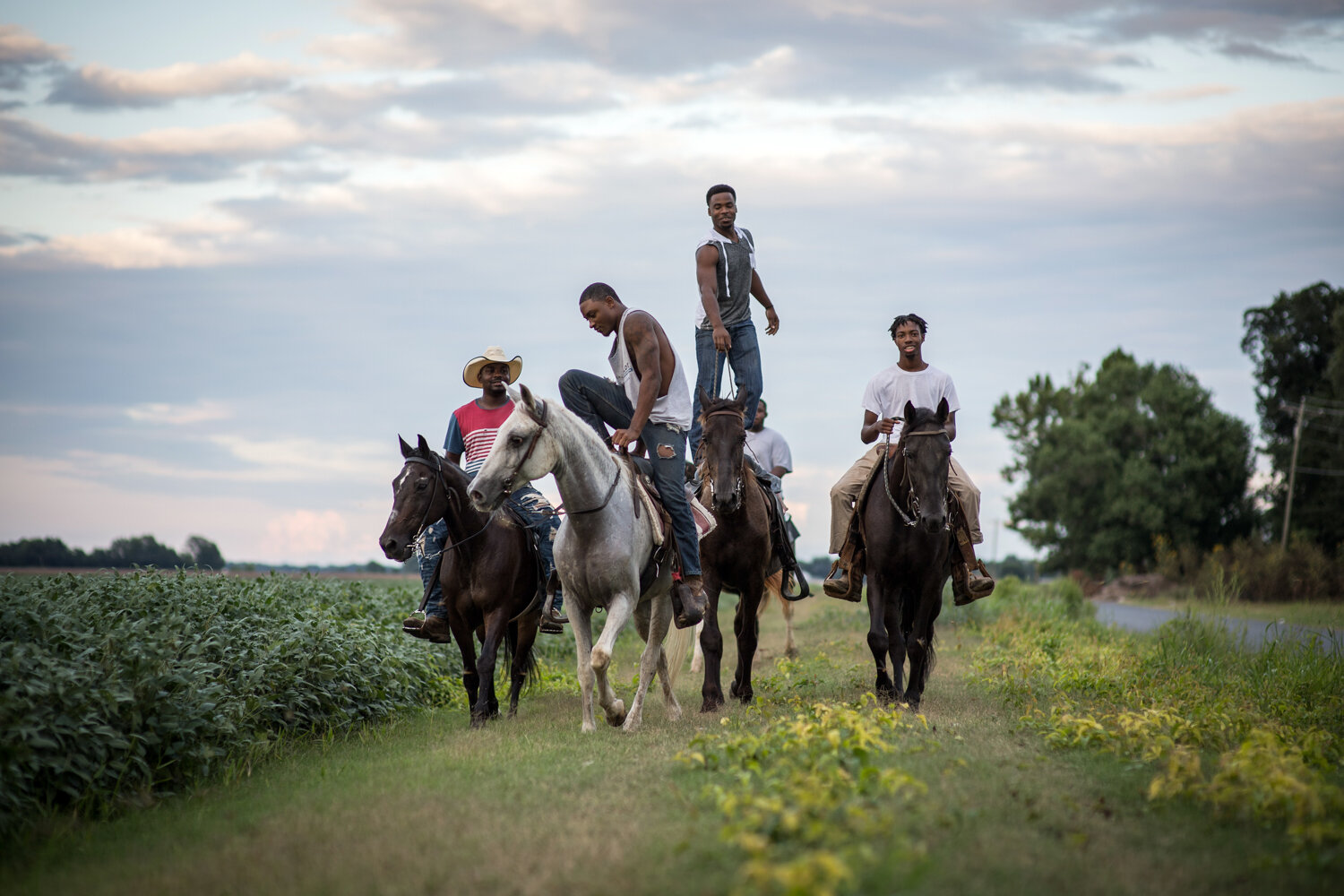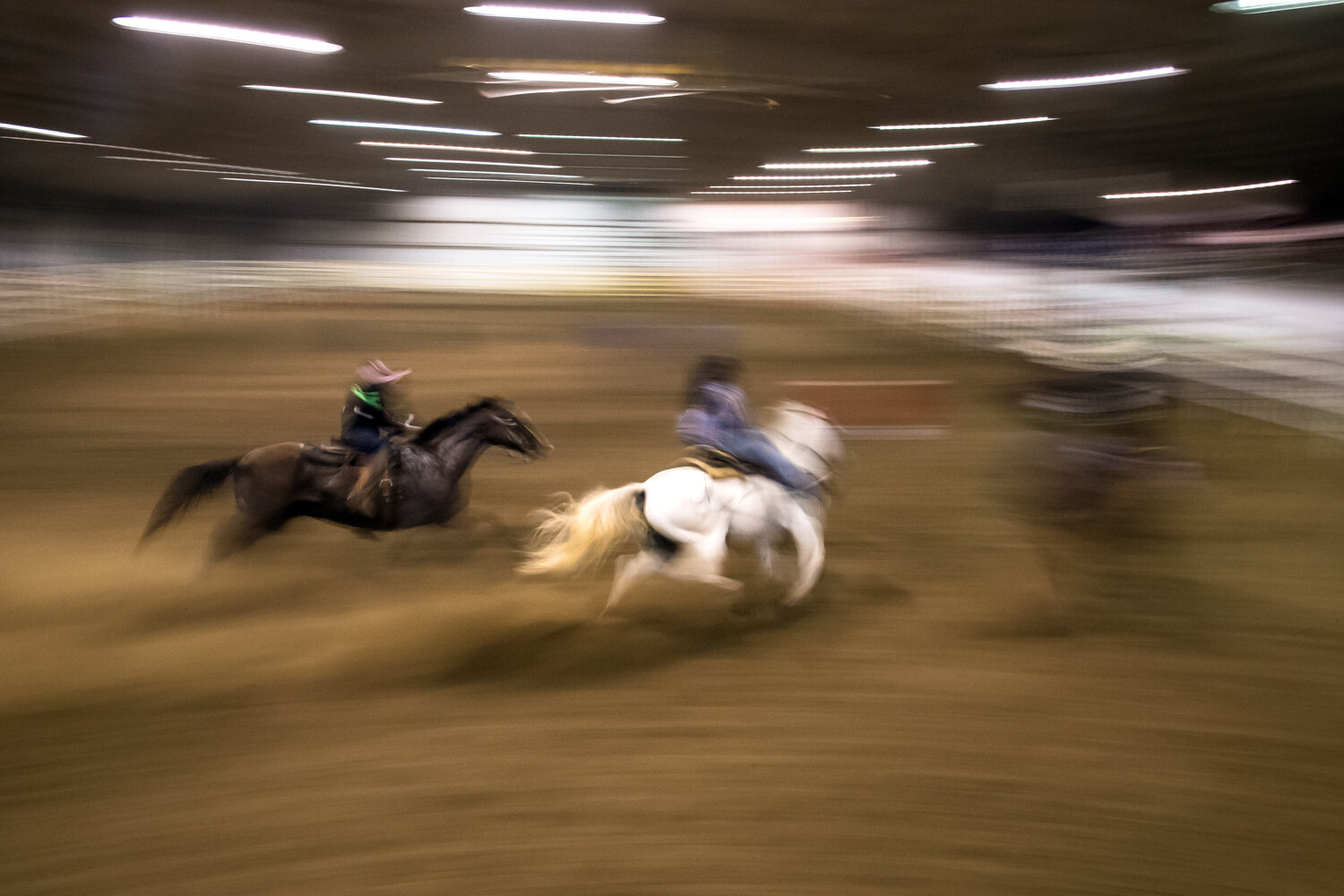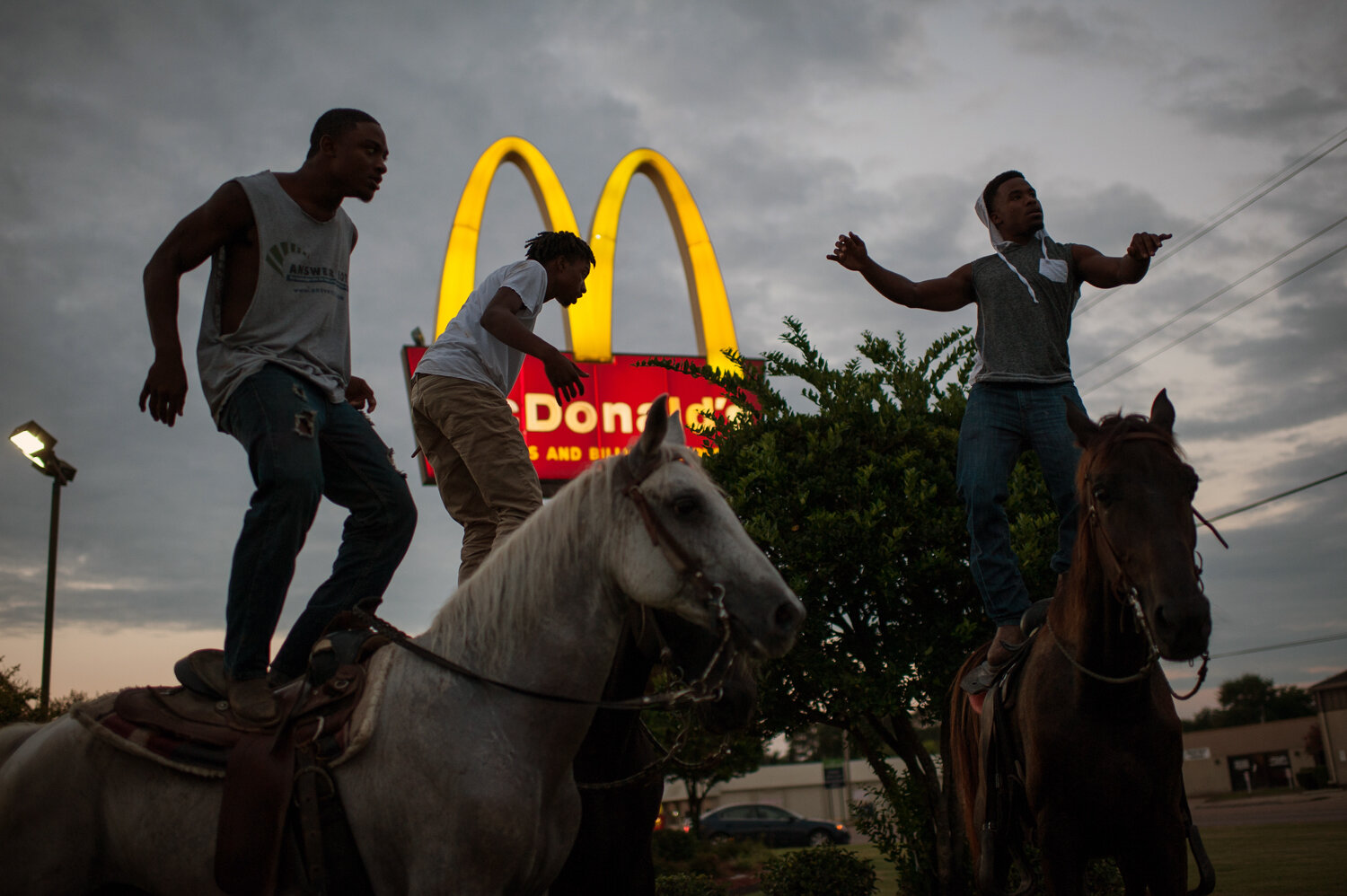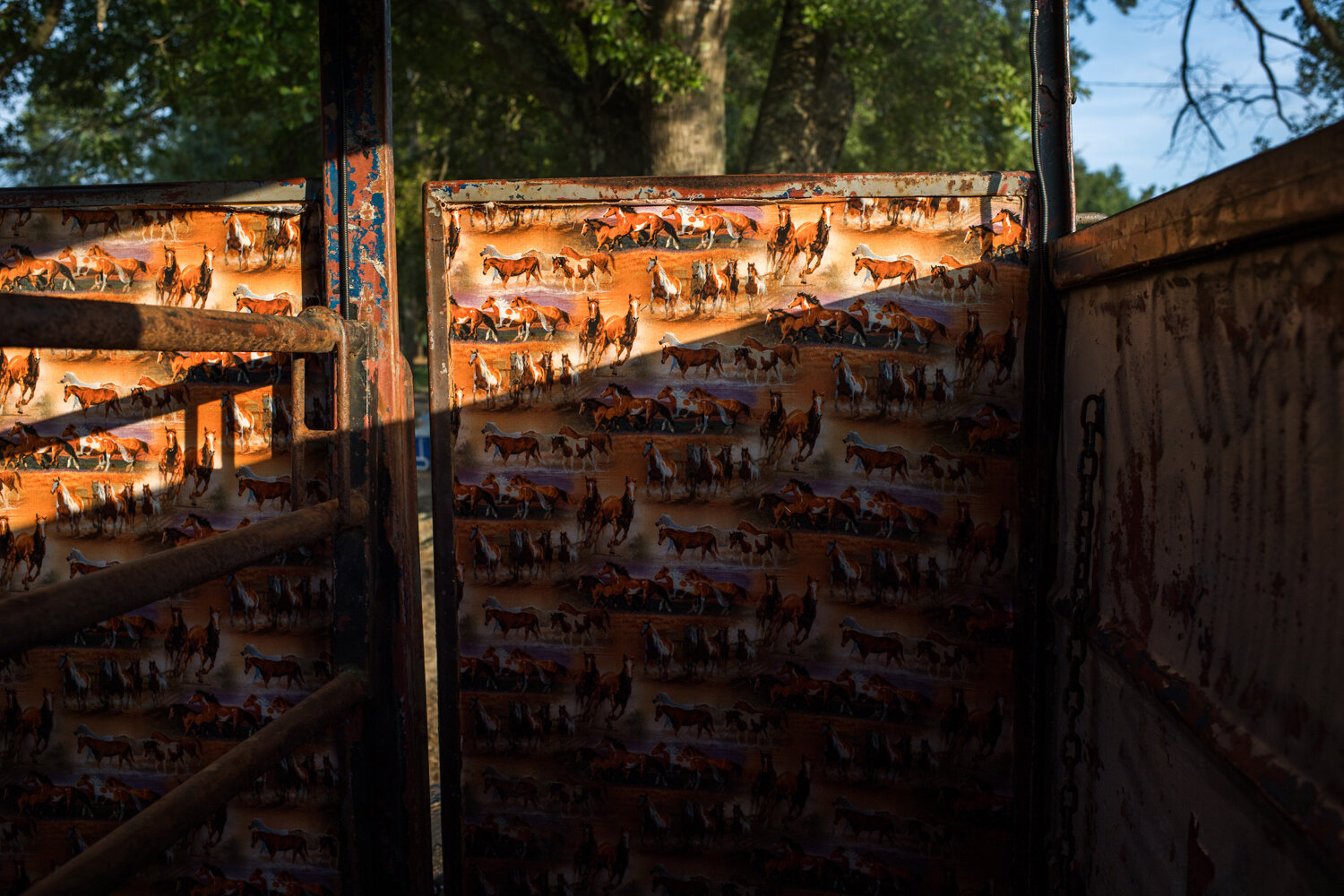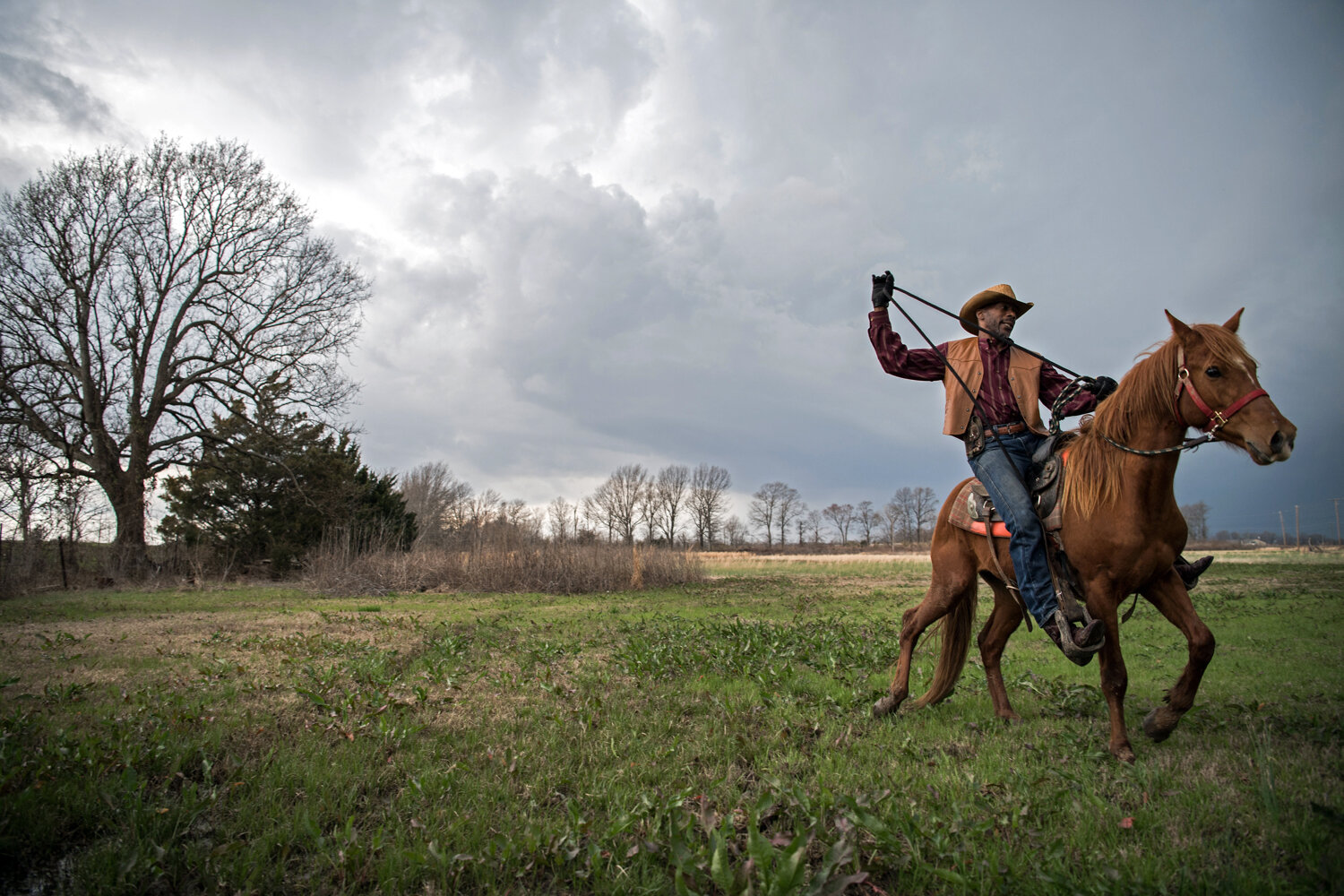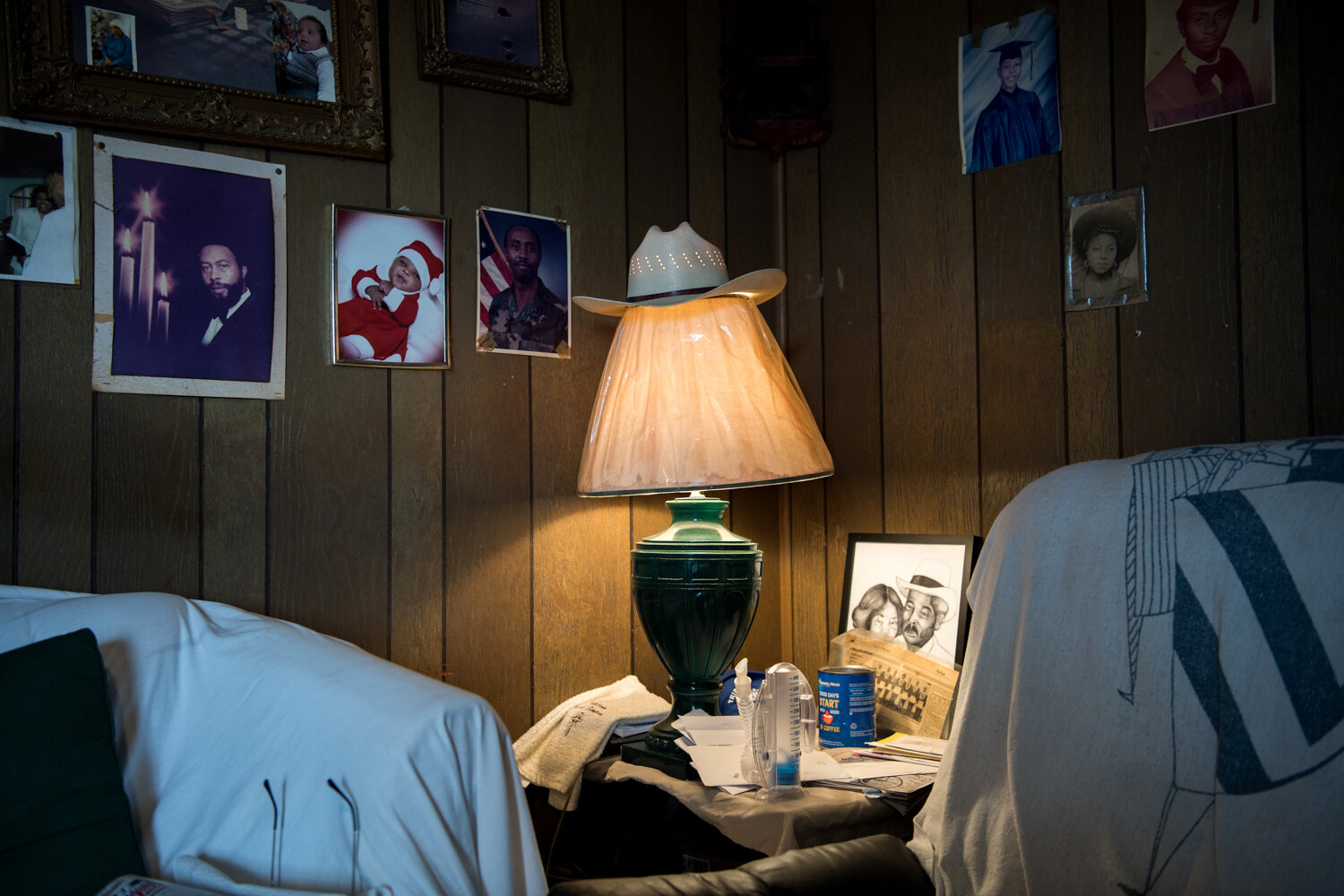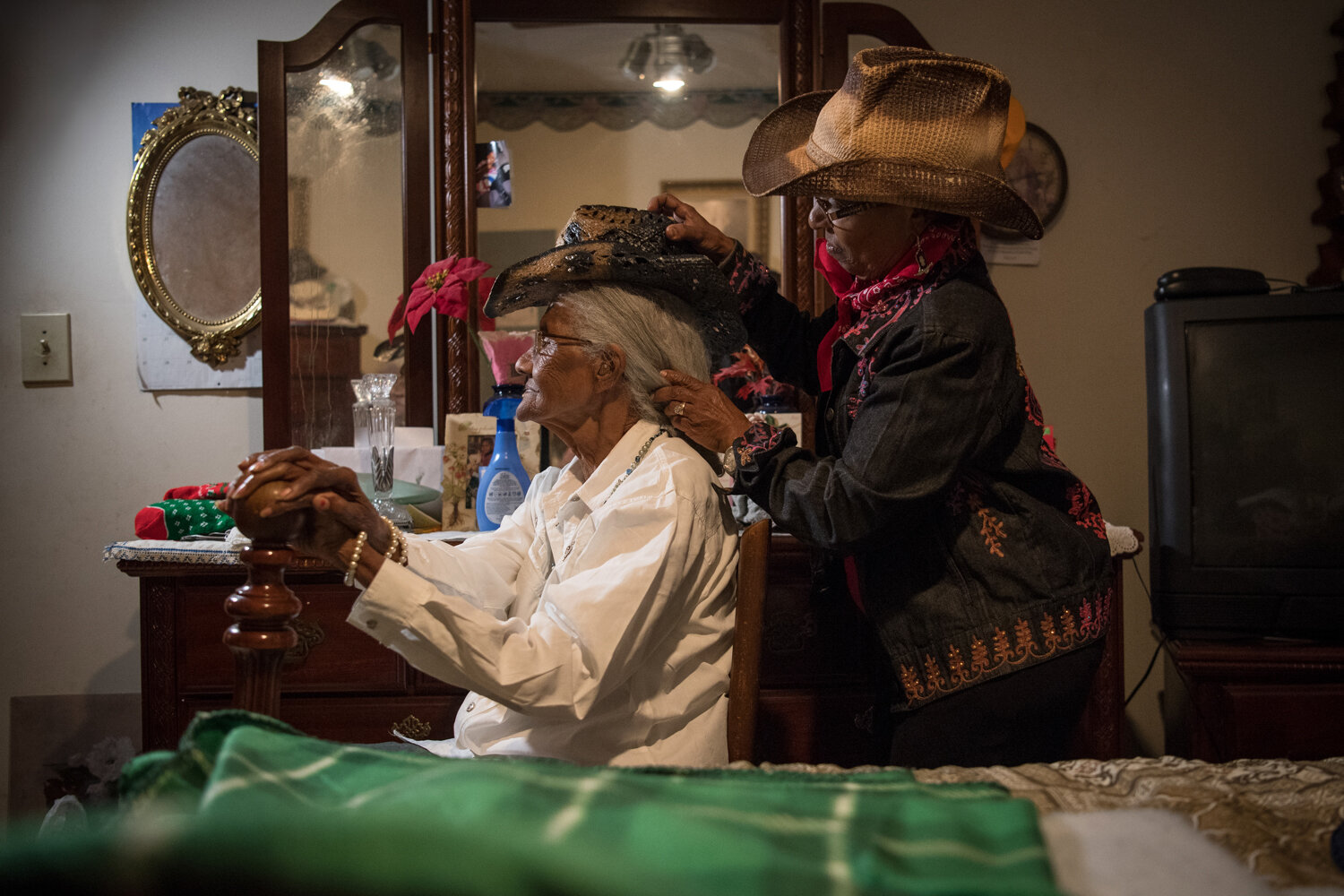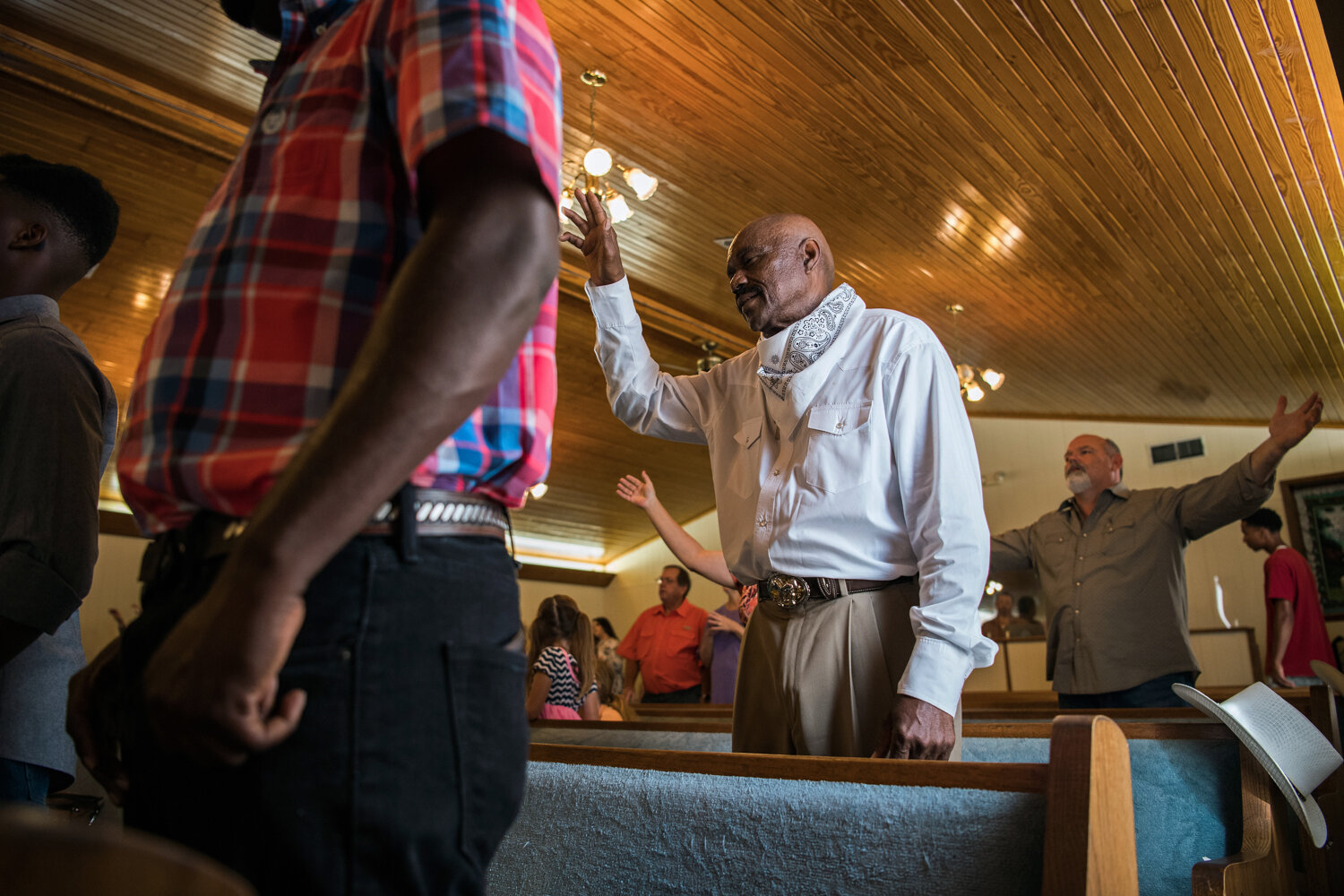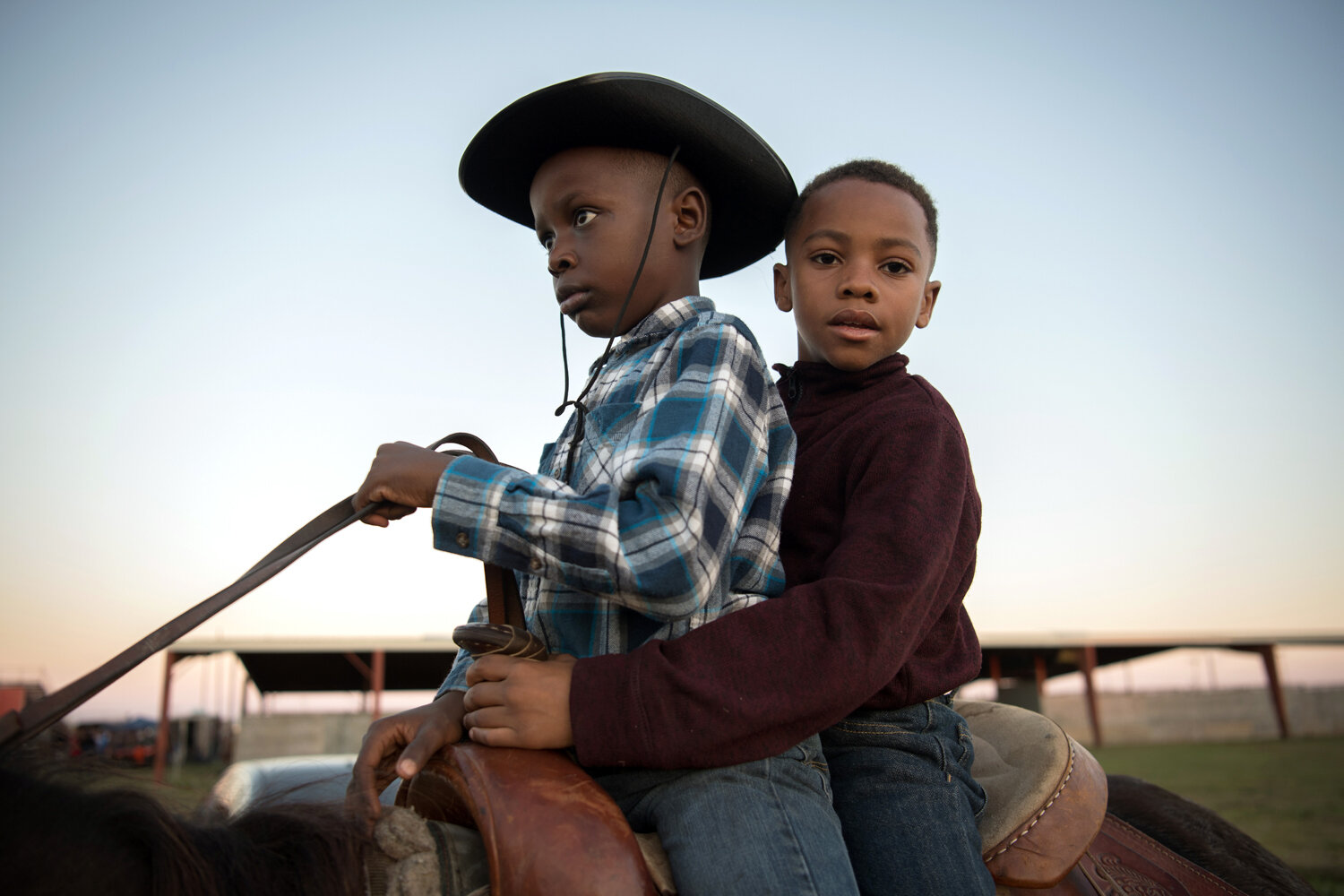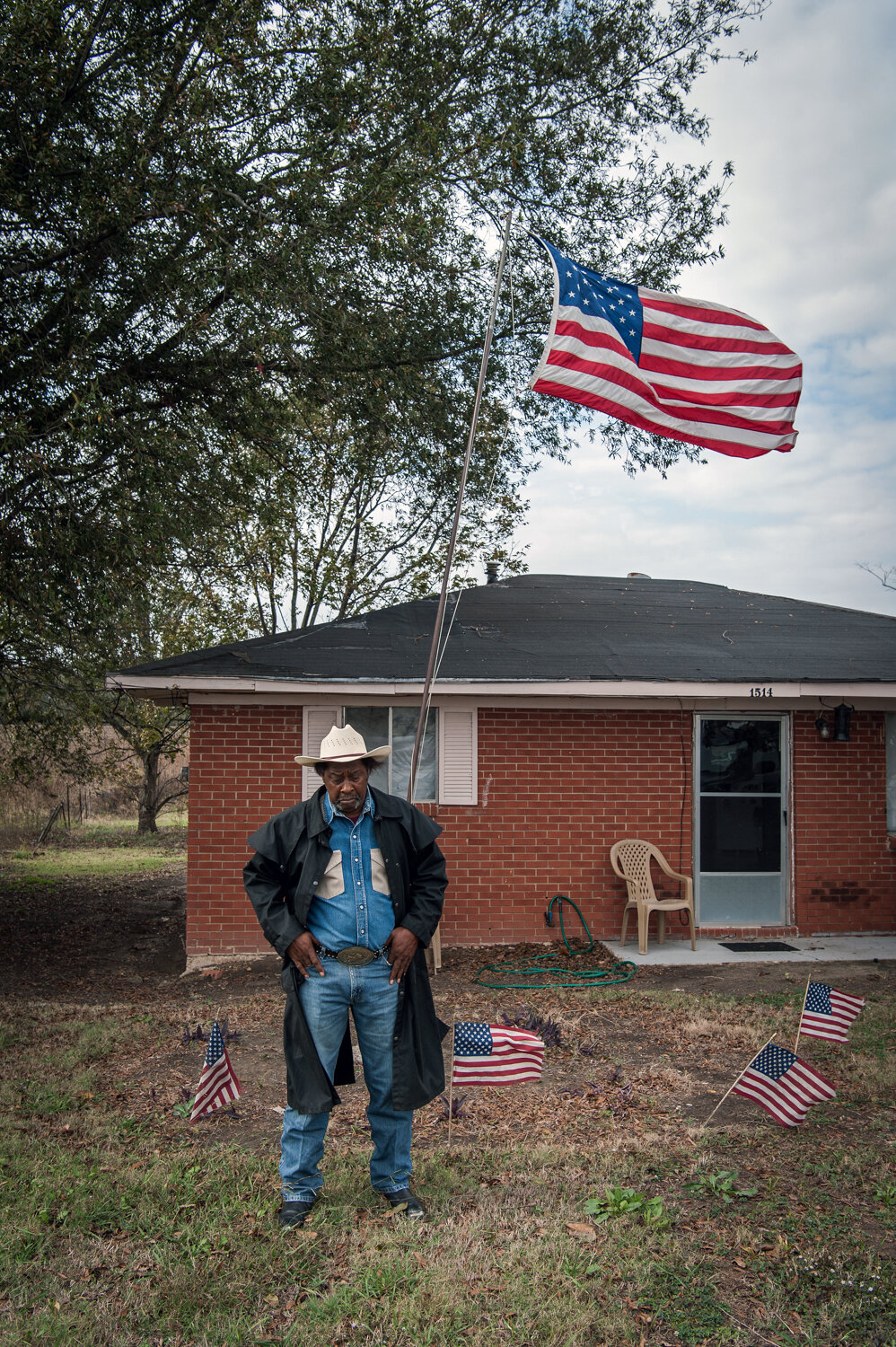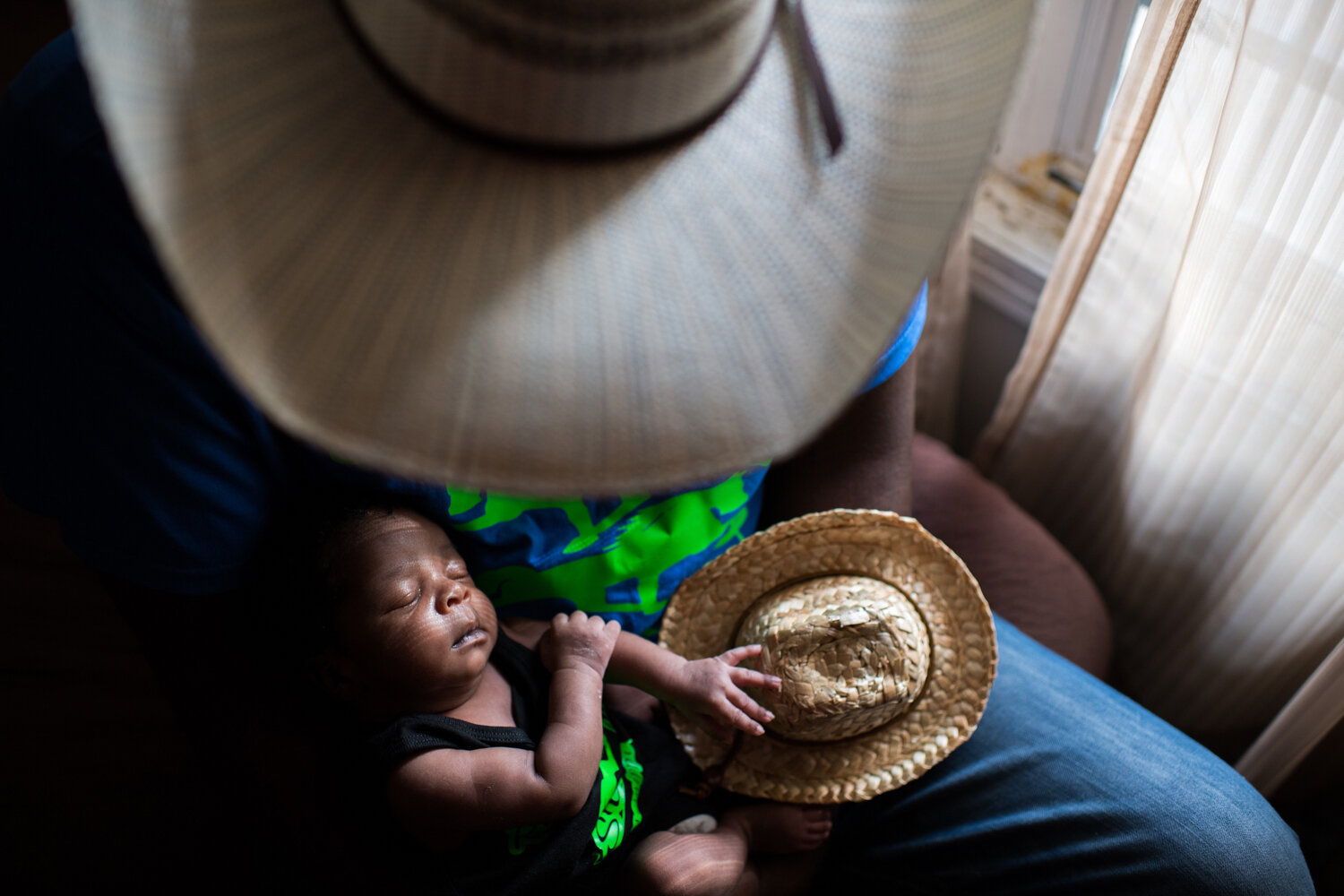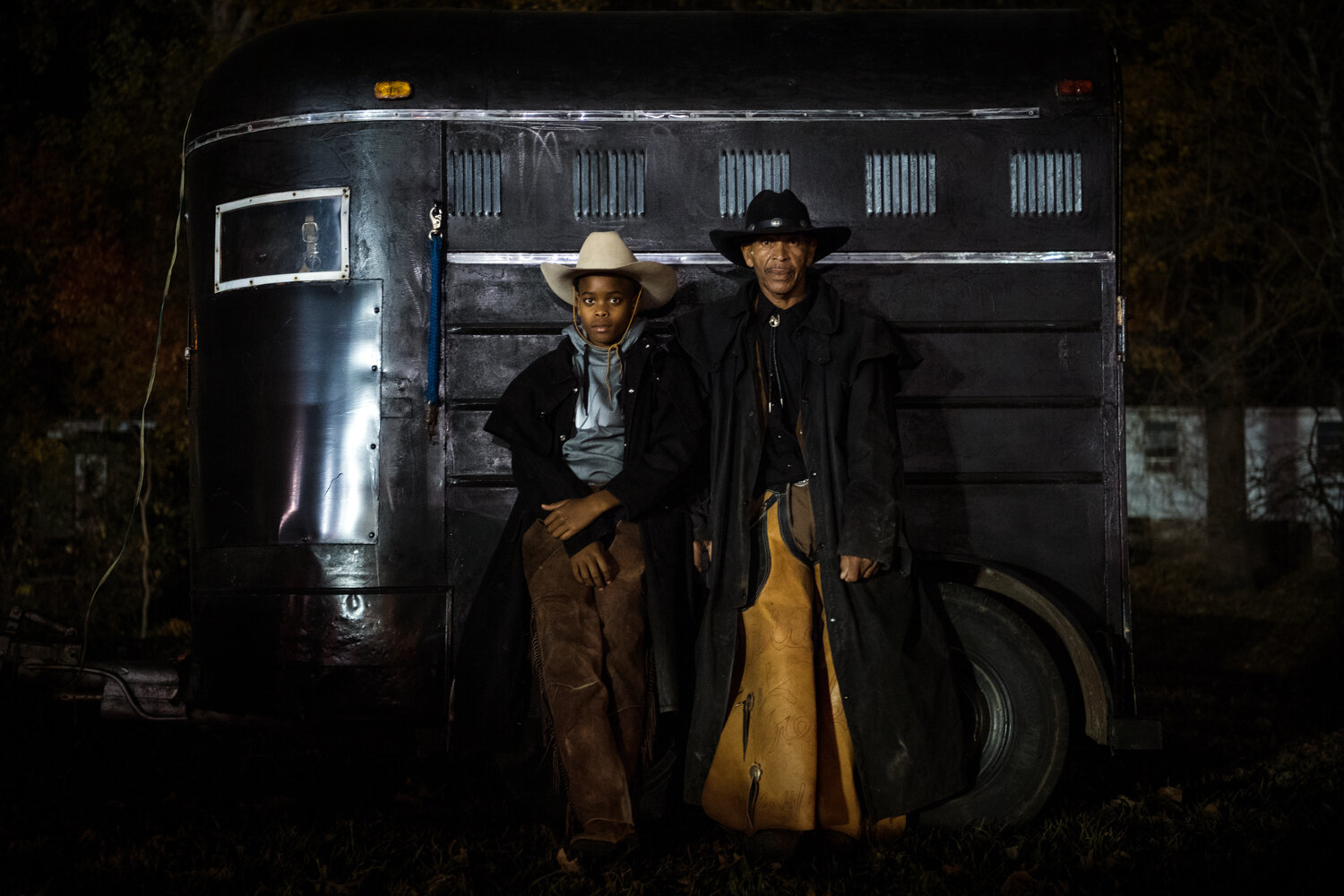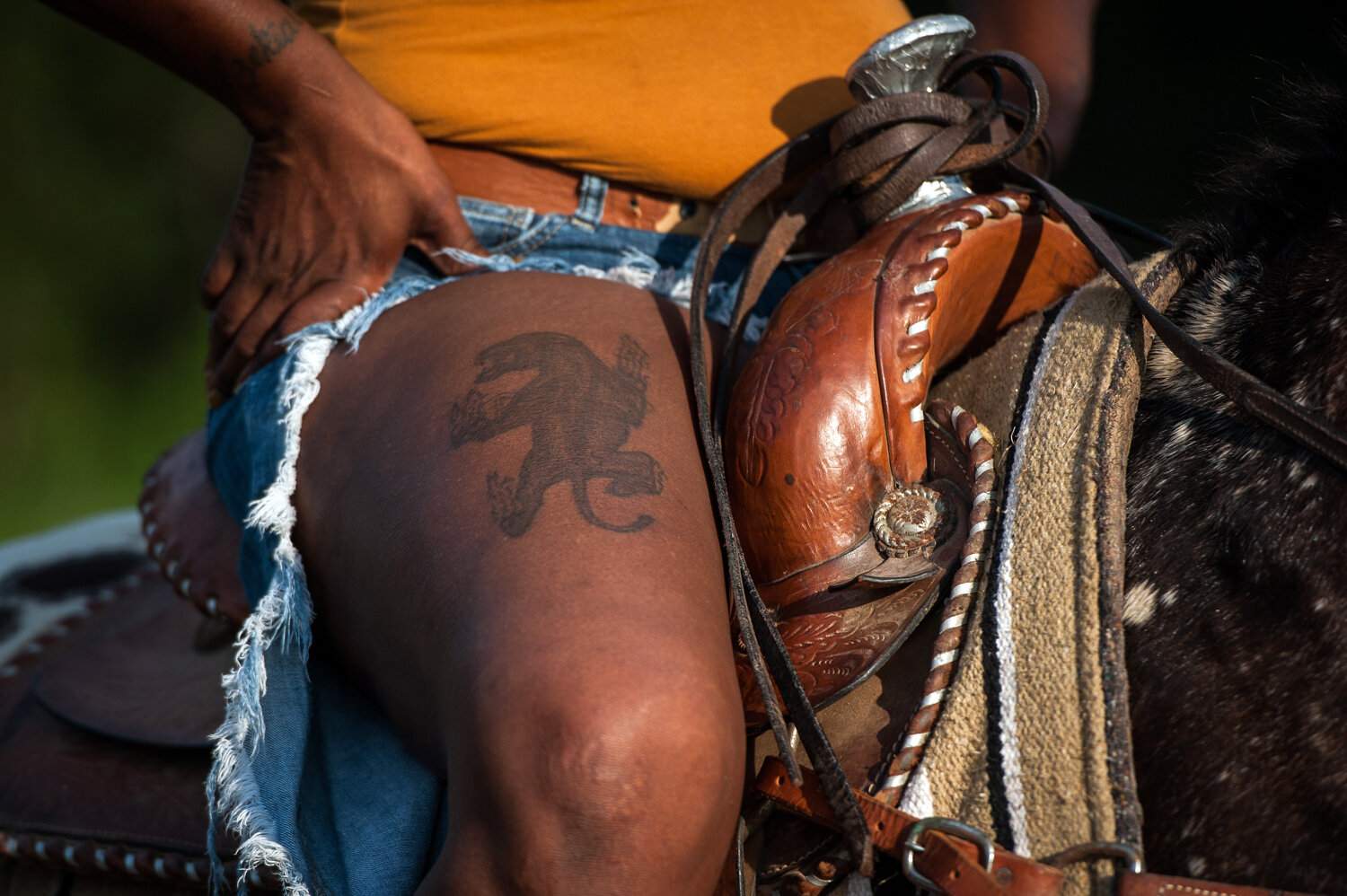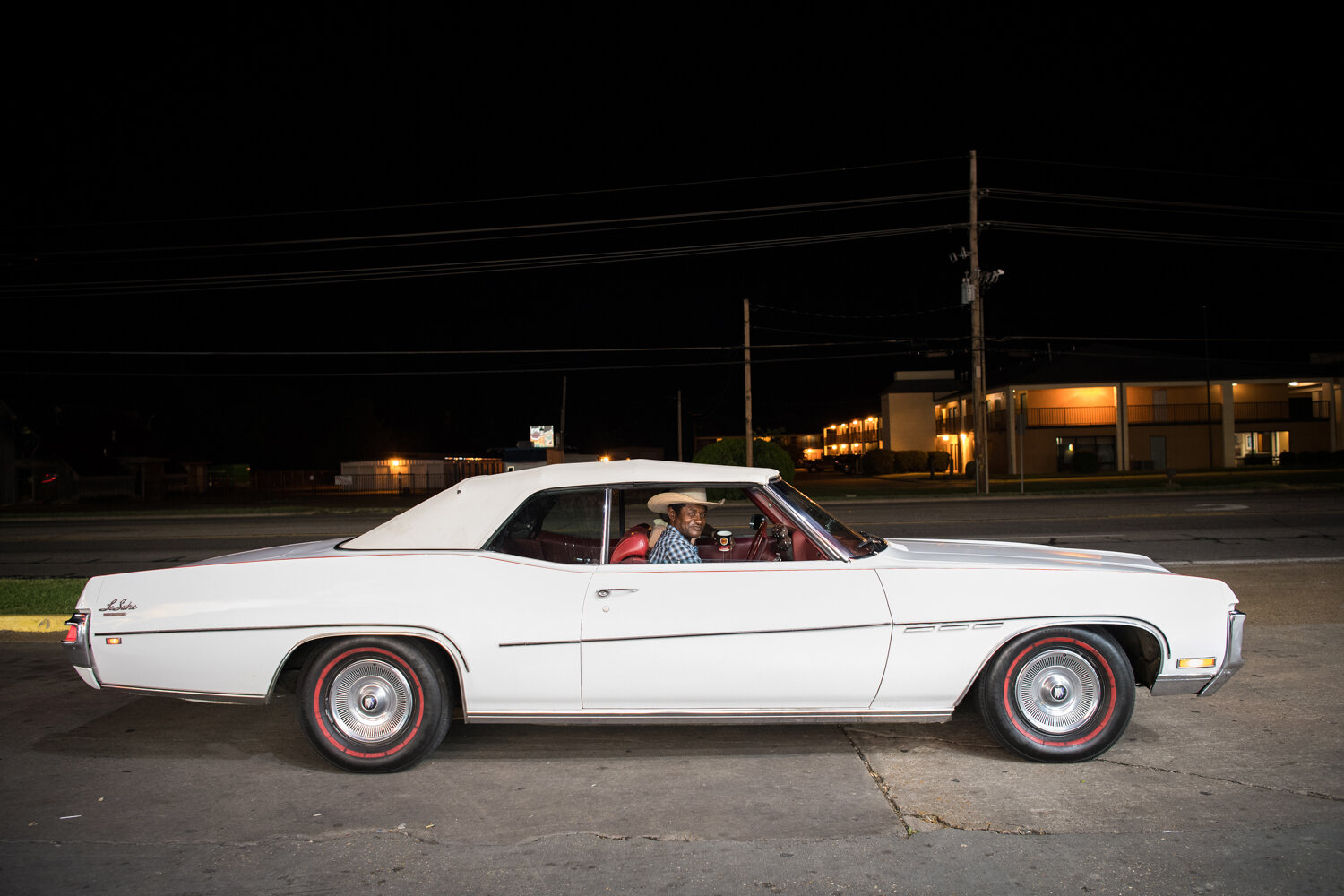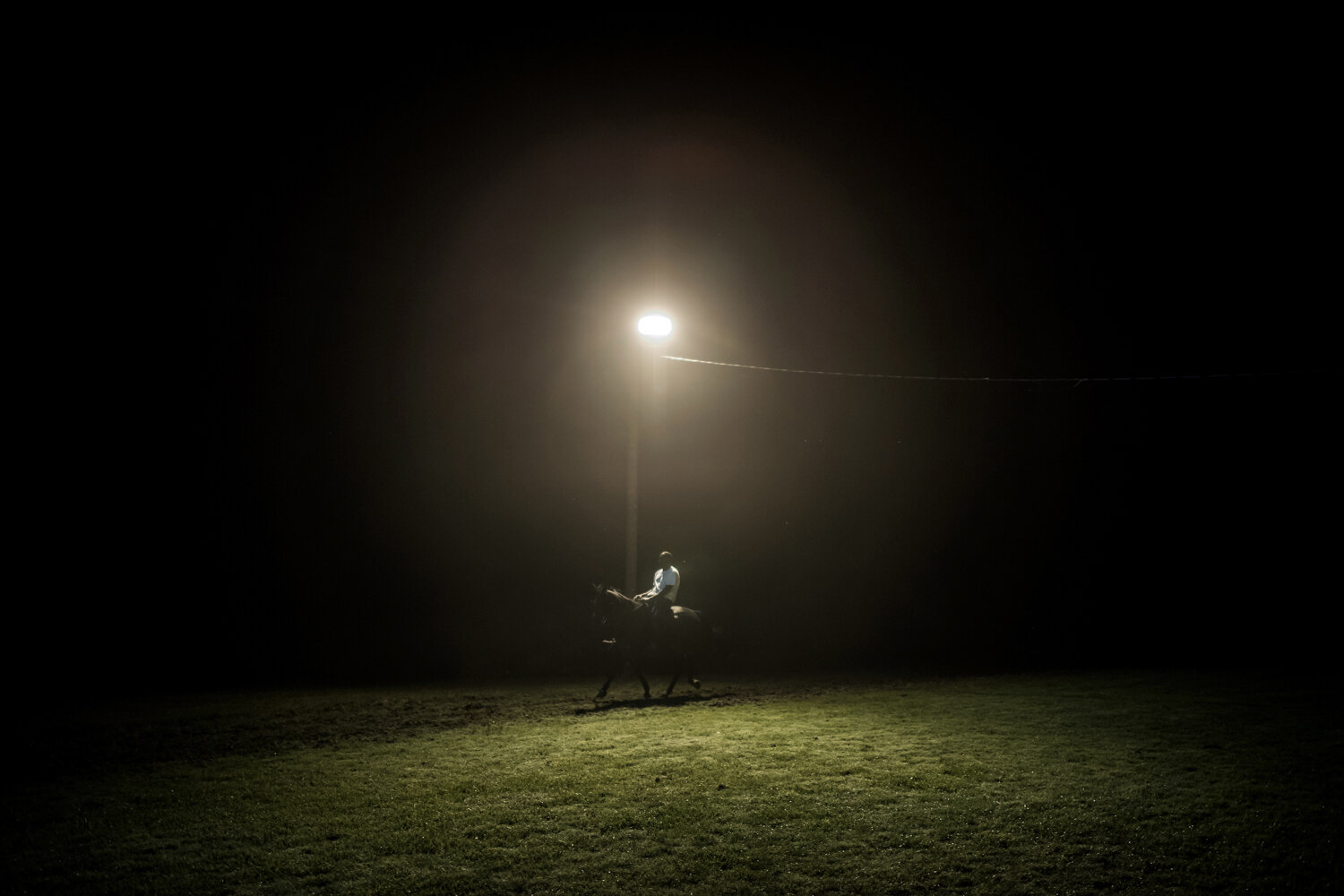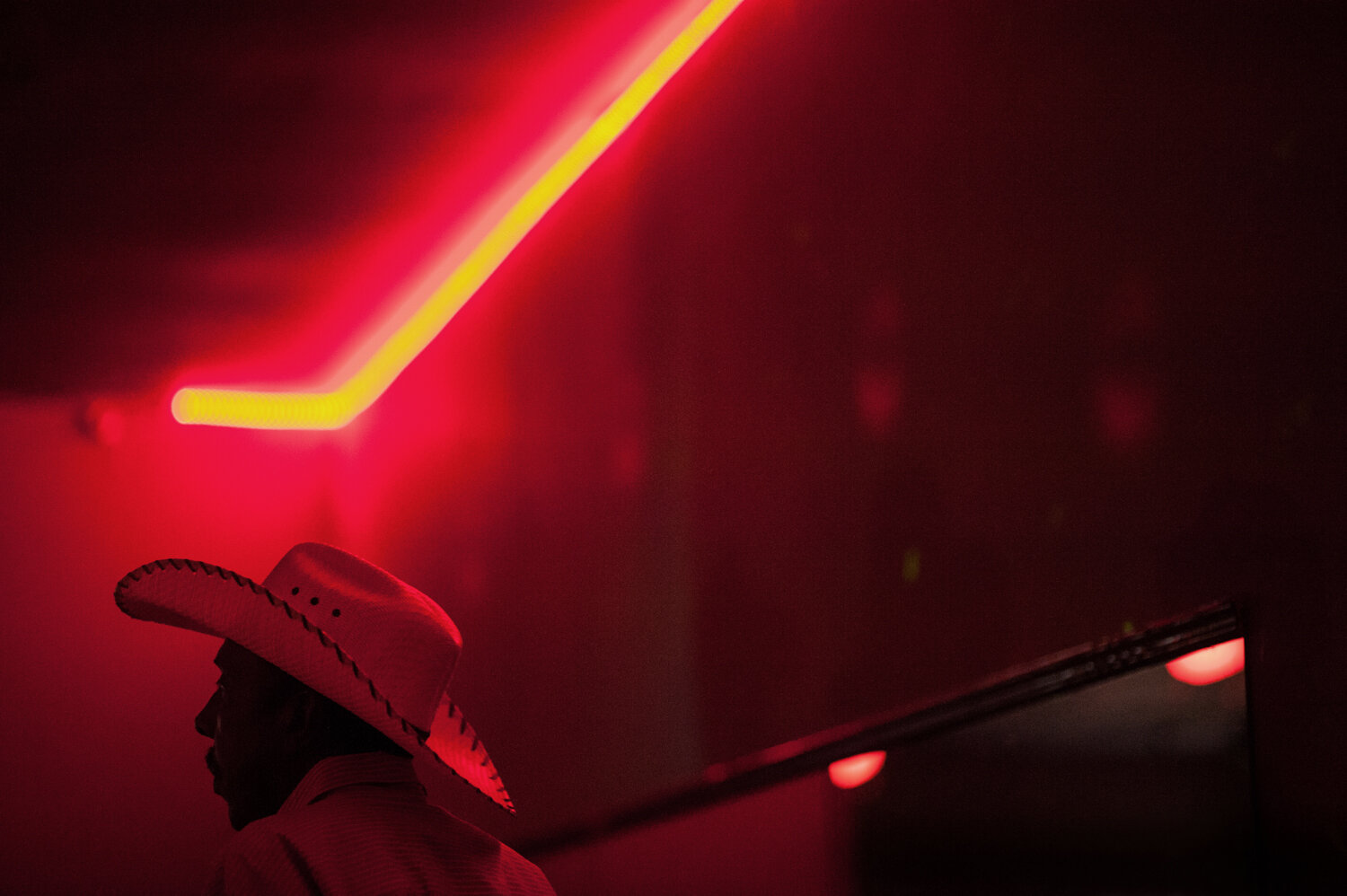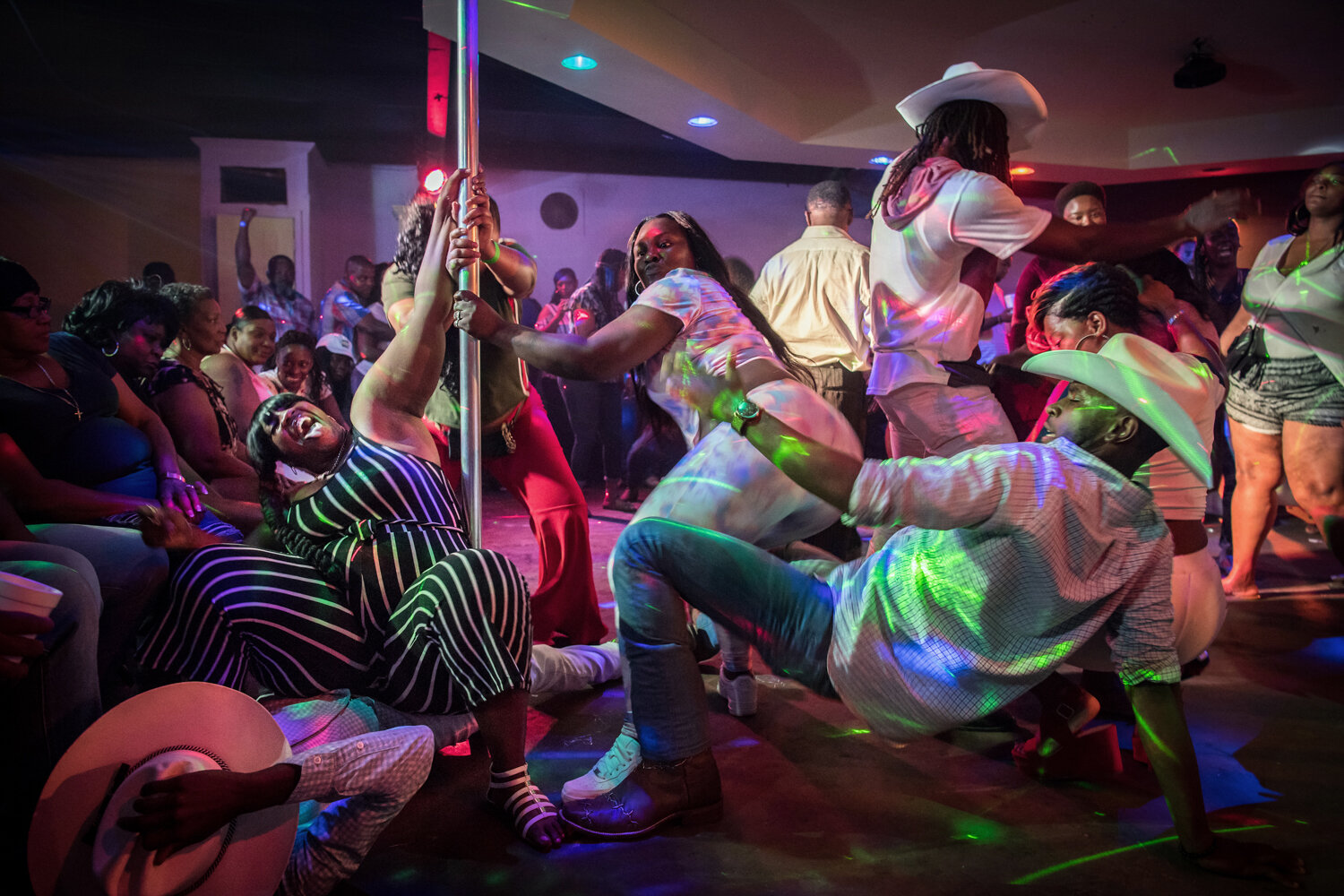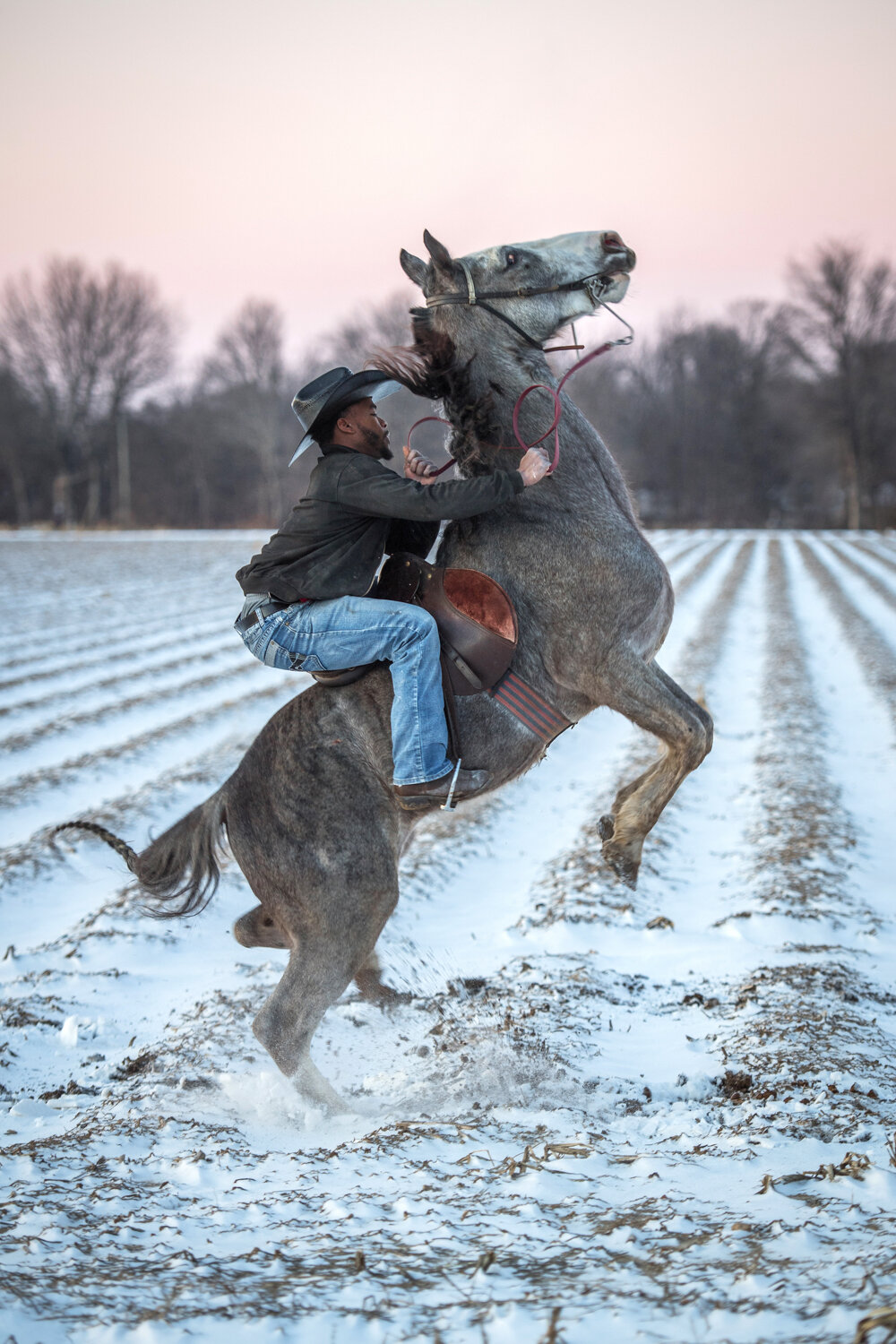DELTA HILL RIDERS BY RORY DOYLE
A recent article in Smithsonian estimated that just after the Civil War, one in four cowboys were African American. Yet this population was drastically underrepresented in popular accounts. And it is still. The “cowboy” identity retains a strong presence in many contemporary black communities.
This ongoing documentary project in the Mississippi Delta, “Delta Hill Riders,” sheds light on an overlooked black subculture — one that resists both historical and contemporary stereotypes.
The project began in January 2017 when I attended a black heritage rodeo in Greenville, Mississippi.
The body of work reveals how deep and diverse this community is. I’ve been invited to black heritage rodeos, horse shows, trail rides, “Cowboy Night” at black nightclubs, and subjects’ homes across the Delta.
On a personal level, I've been welcomed by these folks in a way I could not have imagined. And because of that, it’s been the most engaging project I've worked on. It’s a story that's particularly timely with the current political environment, and a renewed focus on rural America.
Delta Hill Riders is a counter-narrative to the often negative portrayal of African- Americans. Instead, I have captured a group of riders showing love for their horses and fellow cowboys, while also passing down traditions and historical perspectives among generations.
Ultimately, the project aims to press against my own old archetypes — who could and could not be a cowboy, and what it means to be black in Mississippi — while uplifting the voices of my subjects.
The Taking Focus Grant would go a long way in supporting me as I continue to travel across the 18 counties that make up the Mississippi Delta to work on the project. The story has already had an impact in the community, educating Deltans about a group of riders that have largely been overlooked.
”The Giving Back Component”:
One roadblock I’ve faced throughout this project is an inability to uncover documentation of Delta cowboy culture through the years. Simply put, there is very little documentation of how this population started and how it has changed through generations. My best information comes from oral history accounts. And all the elder riders I’ve spoken with say in the old days, there were way more cowboys.
My proposal with the Giving Back Component was to rely on the local population to gain a stronger historical understanding. I used the funding to pay elder riders to educate students about black cowboy history, and local riding history. Students were tasked with the assignment to talk to their parents/guardians and find out if their family also have ties to cowboy culture. I collected their findings, and thus have new contacts to interview for historical information.
This opportunity lead youth from there different initiatives to attend an event hosted by the Ark-La-Miss Rodeo in Greenville, Mississippi. At this event, they were given the chance to see local cowboys show off their horses, hear about their history, ride the horses, and learn more about the Delta Hill Riders work.
These are the wonderful organizations that participated:
Rosedale Freedom Project organization whose mission is to support the Delta Mississippi young leaders in the development of critical consciousness and practice of justice through community building, exploration, artistic creation, organizing, and the study of social history and grassroots democracy.
Spring Initiative organization whose mission is to empower young people in the Mississippi Delta to beat the odds access the opportunities they deserve and build successful, happy and hopeful lives for themselves.
F-L-Y (Forever Lifting Youth) Zone is a community awareness movement based in Cleveland, Mississippi.
